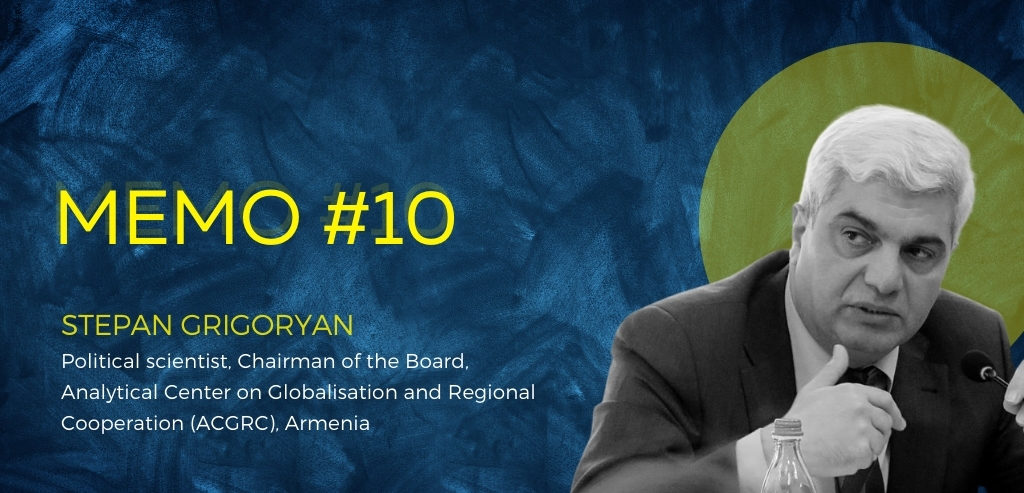“The post-Revolution period in Armenia has been characterized by the revival of the old guard and the emergence of numerous anti-democratic forces, oftentimes with affiliation to Russia”
– Stepan Grigoryan
What is a characteristic of democracies deserve greater awareness or appreciation?
Read Stepan Grigoryan’s answer:
My struggle towards a democratic and sovereign state traces back to the 1980s, stemming from active involvement in democratic movements that evolved into the Pan-Armenian National Movement. By 1990, I secured a position in the Armenian Parliament, and the subsequent year witnessed the Parliament’s declaration of Armenia’s independence from the Soviet Union— it was a significant struggle to establish a democracy and an open society. In the 1990s, Armenia, a small country situated in the South Caucasus, abolished the Communist Party’s monopoly, establishing a multi-party system. Core priorities post-independence included championing civil rights, facilitating peaceful assembly, and upholding press freedom. Nevertheless, challenges persisted, with electoral fraud casting a shadow over Armenia’s democratic progress until 2018.
While the Velvet Revolution in 2018 brought hope to society, it was seen as a threat against the old guard and its authoritarian tendencies and widespread corruption. As a result of the massive protest movement, the revolution succeeded in forming a new pro-democratic government in May 2018. As a result of the Velvet Revolution, Armenia took important steps toward establishing a more democratic and rule-of-law-based society.
However, these significant gains were challenged by the 2020 war with Azerbaijan and the Covid-19 pandemic, as well as the powerful anti-democratic forces affiliated with Russia. The post-Revolution period in Armenia has been characterized by the revival of the old guard and the emergence of numerous anti-democratic forces, oftentimes with affiliation to Russia.
These anti-democratic forces have the advantage of democratic space to position themselves as civil society actors. These groups have been spreading anti-liberal narratives and dangerous conspiracy theories, and working to undermine and delegitimize civil society participation in the democracy reform processes. The Armenian Government has so far failed to adequately tackle these worrying developments and mitigate the threats emanating from these reactionary movements.
Thus, our Center is actively working to defend and foster civic spaces and promote resilient democratic reforms. Currently, the Analytical Centre on Globalization and Regional Cooperation (ACGRC), in cooperation with Crossing Borders (Denmark) and with support from CISU , is implementing a project: “Armenia Meeting Point.” The project aims to strengthen collaboration around the common ground between CSOs and media across Armenia.
Finally, civil society actors are the key pillar of a resilient democracy, society, and an accountable government that deserves to be respected.
